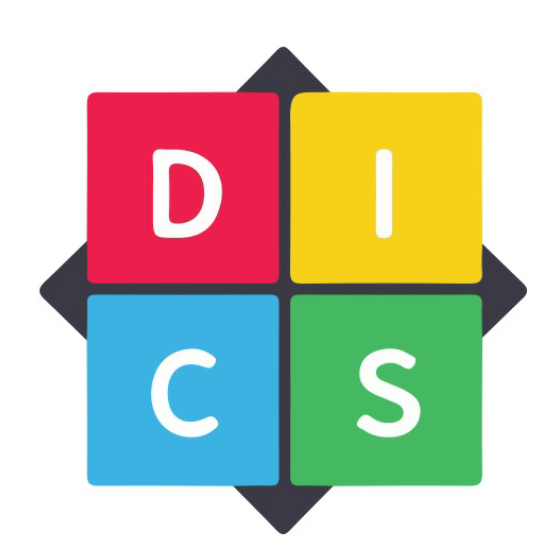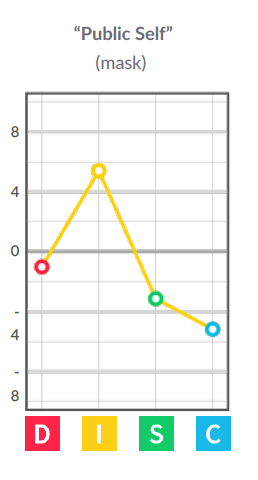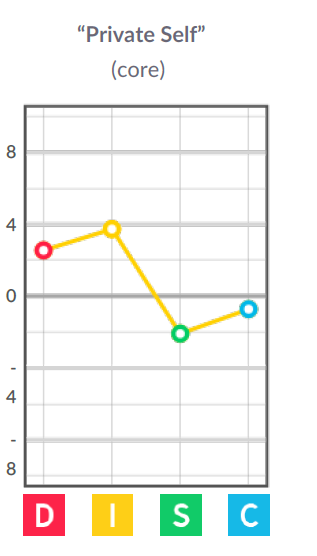DISC
‘I immediately began to study how to understand the people who initially seem so difficult…The insights I gained were fascinating, and I’ve never been the same since I began this journey. The knowledge I acquired has changed me as a person, as a friend, as a colleague, as a son, as a husband, and as the father of my children.’
Thomas Erikson, Author of ‘Surrounded by Idiots’.
Do you struggle to understand why people behave in certain ways? Do you feel that others don’t always understand you, leading to miscommunication and difficulties in relationships? We are all unique, with different motivations and drivers that make us react differently to similar situations.
An excellent way of developing a deeper understanding of what’s important to you and how you communicate with others is through the DISC psychometric.
DISC is a simple tool that provides self-knowledge that can have a profound impact on your ability to understand, communicate and work with others.
“If I were to summarize in one sentence the single most important principle I have learned in the field of interpersonal relations, it would be this: Seek first to understand, then to be understood.”
Stephen R. Covey
The DISC approach to understanding others was created by Dr William M. Marston, the inventor of the polygraph machine. It is based on four personality types, based on whether you are task or people-focused and outgoing or reserved. The four types are:
DOMINANCE
INFLUENCE
STEADINESS
COMPLIANCE
DISC makes it simple to understand these drivers in yourself and others.
- People who are outgoing and task-focused tend to be Dominant
- People who are outgoing and people-focused tend to be Influencers
- People who are reserved and people-focused tend to be Steady
- People who are reserved and task-focused tend to be Compliant
In real life, people have a mix of different DISC characteristics but are likely to have a strength in one or more areas. This blend of traits can become more extreme in particular circumstances, such as when under pressure or in the public eye.
How does this help me?
Knowledge of your DISC characteristics will help you to understand why particular situations are comfortable and others are not. It helps you understand how to build relationships with others who may have different traits. It also helps you understand what type of profession and work environment you are likely to thrive in and what to avoid. It is a great way of understanding your strengths, how to use them and areas where coaching can help you overcome fears and build new strengths.
What is in a DISC report?
Your DISC report is completed on-line and sent to you as a pdf document.
The document will provide you with an explanation of the DISC characteristics and your unique profile. Your profile shows:
- Your public self- how you are seen by others
- Your private self- how you instinctively respond to pressure and stress
- Your perceived self- how you see yourself
The report will help you understand each of these and how they help and hinder you in dealing with others.
It also contains tips on how to communicate with people who have a different profile and how to navigate potentially difficult relationships.
The final part of the report is an action plan, which I would work with you to complete. This may be completed in a single coaching session, or be the focus of a series of coaching conversations.
What outcome can I expect?
Once you are familiar with the DISC system it provides you with an easy way to understand your drivers and how they influence your communication and relationships with others. The result can be a profound insight that will help you be more successful.
DISC can be used within teams and I can provide DISC profiles as part of a team-building event.
It has been a pleasure to work with Brian. I was very impressed by how accurate the DISC profile was. It helped me to gain an understanding of myself and what type of job I should look for in order to feel fulfilled and live a meaningful life.




